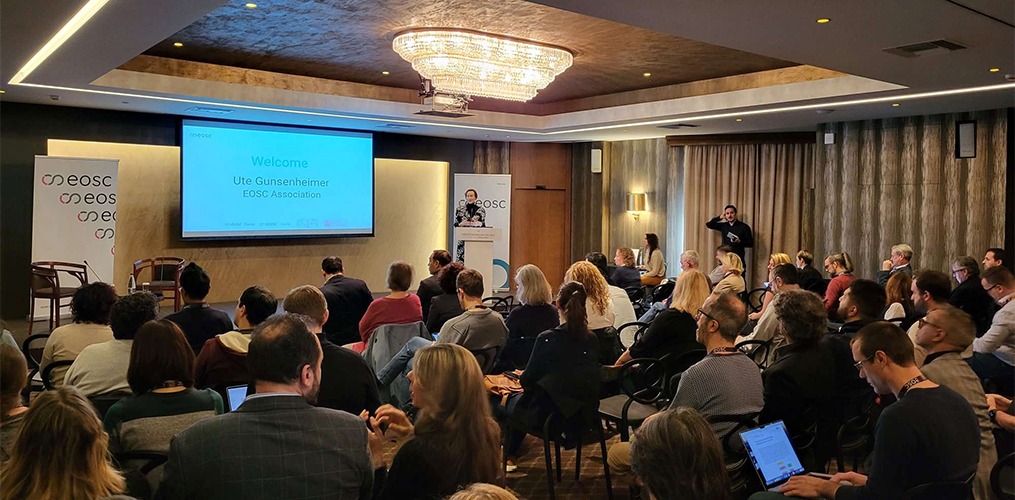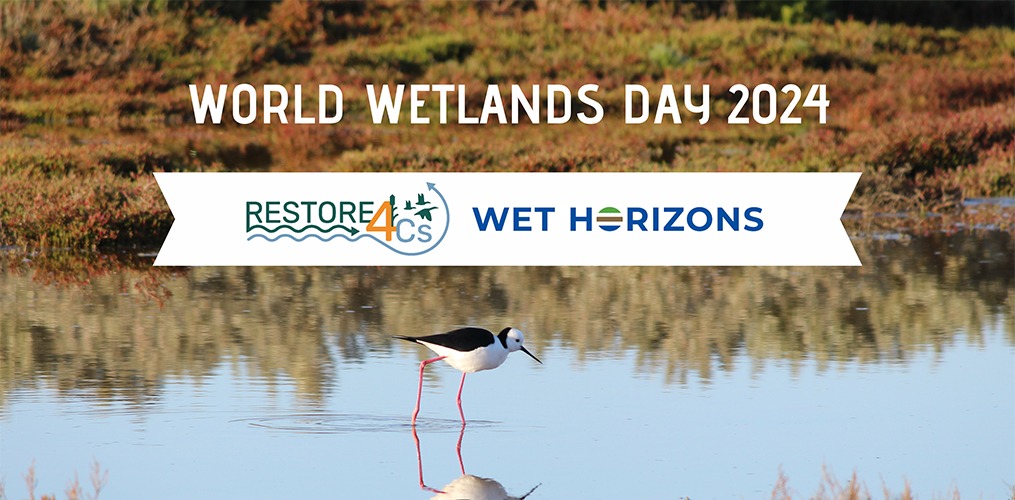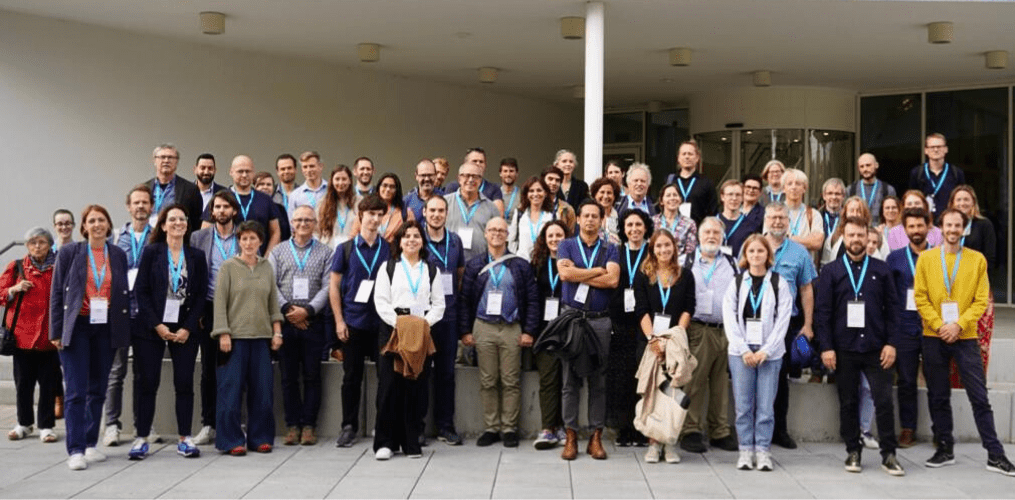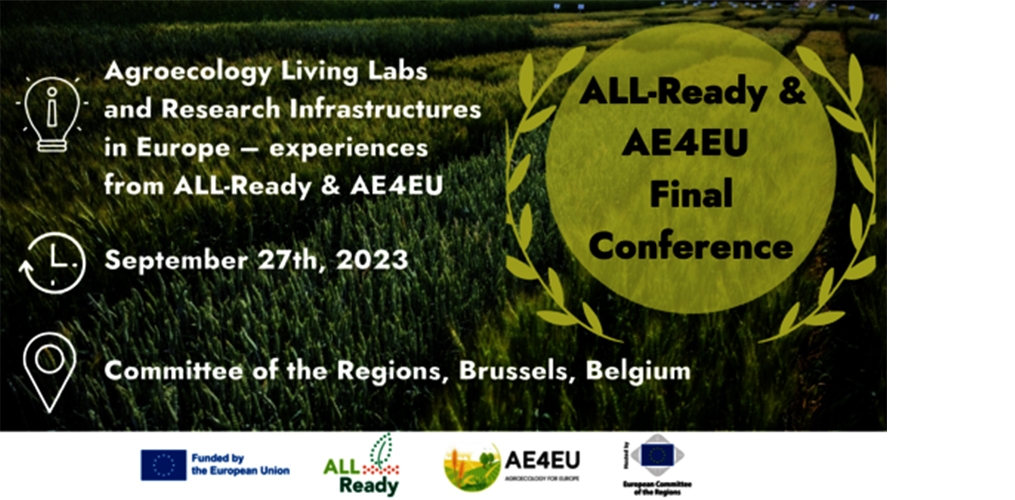The EOSC Winter School 2024 took place in Thessaloniki, Greece, from January 29 to February 1. The meeting aimed to establish a solid foundation to encourage innovation, accelerate scientific discoveries, and empower researchers across Europe and beyond. The meeting gathered representatives from all EOSC-related projects. The discussions included policy recommendations, concrete case studies, and information exchange on future models. The event was held at the Mediterranean Palace, offering a focused environment for mutual learning and networking.
Our CEO, Christos Arvanitidis, attended the meeting as LifeWatch ERIC leads Work Package Number 6 (WP6) of the EOSC Future project. This Horizon 2020 project aims to implement the European Open Science Cloud, supporting the establishment of a reliable platform for open science where data, resources, and services in all scientific disciplines will be available in a fair and accessible manner.
Following a suggestion of the European Commission, the EOSC Association, organised the EOSC Winter School to address the need for a collective knowledge environment that promotes an inclusive and interconnected research ecosystem for all consortium partners contributing to EOSC, which emerged during the latest coordination meetings.
The school was opened by Ute Gunsenheimer (EOSC Association) with the inauguration of the Plenary Session, followed by engaging discussions bringing together diverse perspectives and providing a rich blend of insights and experiences.
One of the short-term objectives is to ensure that the Task Forces of the EOSC Association collaborate in a structured manner with the EOSC projects. This collaboration should be hands-on and technical, with a focus on the six identified Opportunity Areas (PIDs, Metadata, Ontologies & Interoperability, FAIR Assessment & Alignment, User & Resource Environments, Skills, Training, Rewards, Recognition & Upskilling, and Open Scholarly Communication).
Mid-term objectives aim to ensure seamless project onboarding and shape EOSC’s Strategic Research and Innovation Agenda (SRIA) 2.0 through inter-project collaborations. In the long term, the objectives are to increase the potential of Horizon Europe’s EOSC-related projects to deliver sustainable results that benefit the ESOC deployment and maximise project impact.
To learn more about the EOSC Winter School in 2024, please visit the official webpage.




